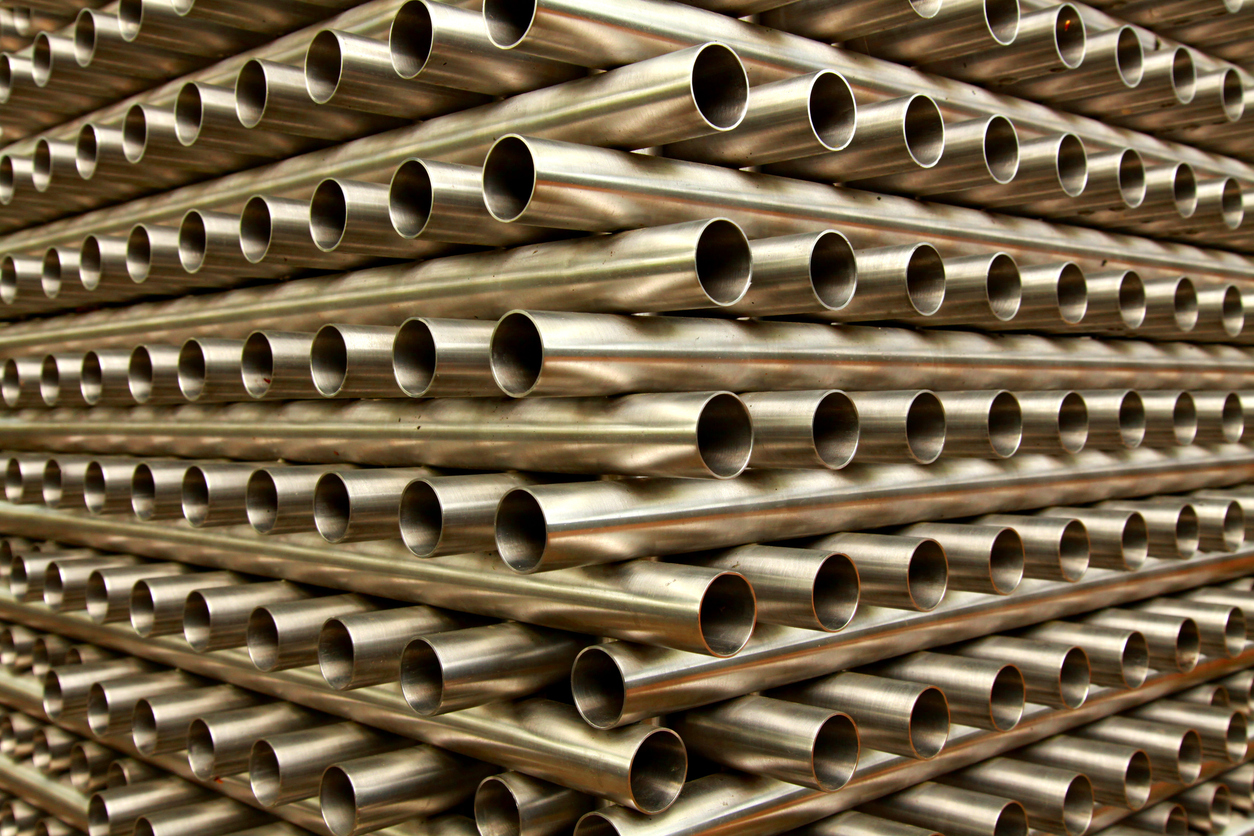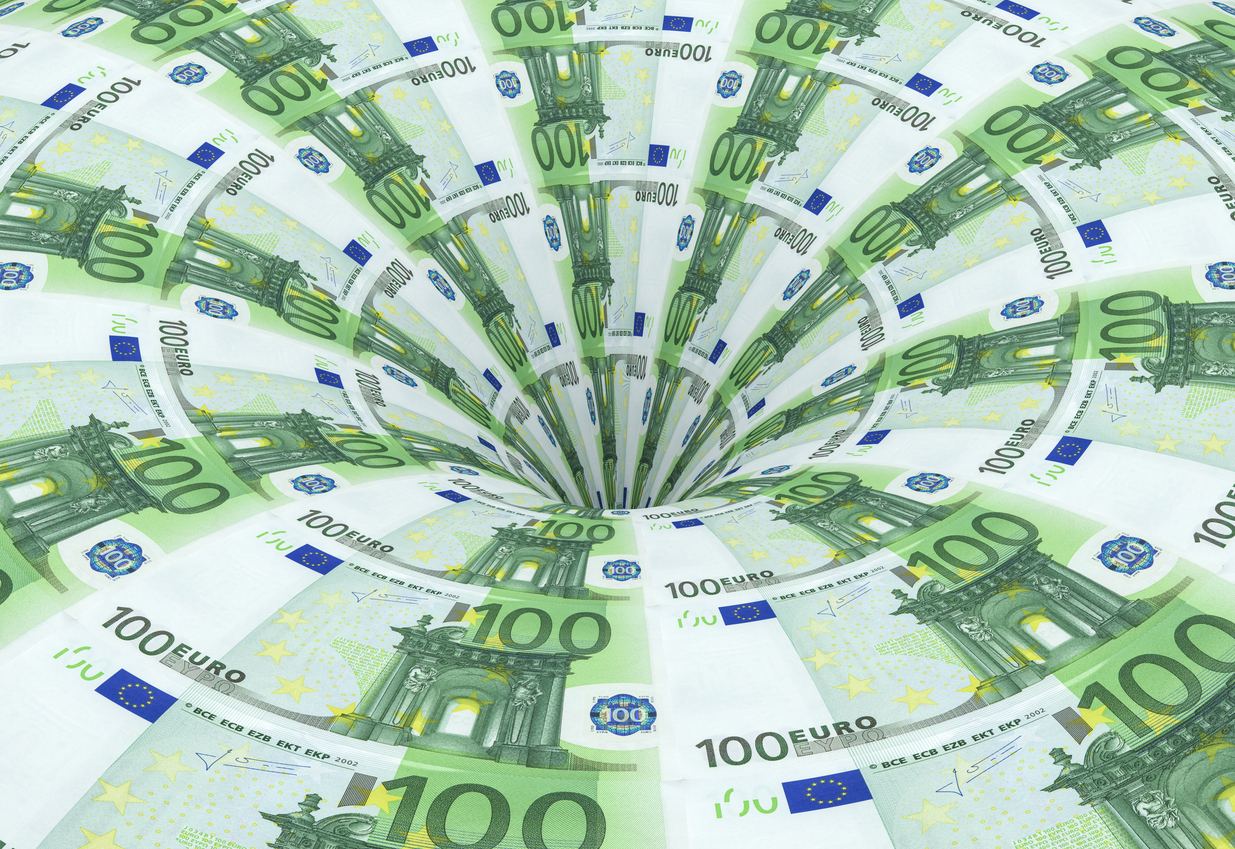
Regular readers of Our Voice will recall that on 21 September 2023, the preliminary ruling of the Court of Justice of the European Union followed EURANIMI’s position over the topic of retroactive antidumping duties imposed on imports of seamless stainless steel pipes and tubes (SSSPT) cold formed in India.
The blanks to produce these tubes were sourced in China, so that their export to the EU was allegedly circumventing the anti-dumping duties imposed on SSSPT originating in China. As you can read in further detail here, for importers, all is well that ends well.
Back to the present day: on 14 March 2024, the EC disclosed its intention to prolong the antidumping measure on imports of Chinese SSSPT, that was at the origin of our dispute with OLAF. So, why is EURANIMI not opposing this?
Simply put, we do not principally disagree with the measure.
We have never questioned the necessity of antidumping duties when such measures genuinely protect the EU producers and prevent prices from collapsing. However, what we did contest was the confusion that arose following the European Anti-Fraud Office (OLAF)’s subsequent circumvention report.
Quick Recap
The antidumping duty on hot formed SSSPT from China was first introduced in 2011 under Council Implementing Regulation (EU) No 1331/2011.
Five years later, in 2016, the usual expiry review of this measure was initiated but some suspicion arose that the duties concerned were circumvented through imports via India. A circumvention investigation was initiated by the EC on 17 February 2017. On 15 November of the same year the EC published Commission Implementing Regulation (EU) 2017/2093 confirming that there was no circumvention.
Based on the conclusions set out in this EU regulation, European importers felt confident that sourcing seamless pipes and tubes from Indian suppliers did not circumvent antidumping measures against China.
Problems arose however in July 2019, when OLAF communicated their own findings to EU Member States’ customs administrations. The OLAF investigation was conducted in parallel with the one carried out by the Directorate General for Trade of the European Commission (DG Trade) but arrived at the polar opposite conclusion two years later. OLAF recommended that national customs authorities retroactively impose antidumping duties of 71.9% on these imports. Tax evasion being a criminal offence, importers also risked penalties and criminal prosecution.
No Harm, No Foul
Thankfully, the European Court of Justice (ECJ) came with a preliminary ruling in September 2023 that largely agreed with the position taken by EURANIMI and its members. The ECJ ruled that OLAF’s interpretation of the rule of origin was an error of assessment, which meant importers could start reclaiming wrongful duties paid since 2019.
As previously stated, we recognise the importance of trade measures such as antidumping and countervailing duties. They are designed to safeguard the health of EU production, the competitiveness of the EU downstream manufacturers, and a certain stability of prices. However, when measures – unintentionally – create legal confusion and end up harming our downstream market, we must speak up.
As long as the antidumping measures imposed are well-founded, crystal clear, and uniformly applied throughout the Union, we, as an association, support them.
Discover more about what we do and why we do it.
Related Articles
Case Documents
Please log in as a member to consult all related case documents.



